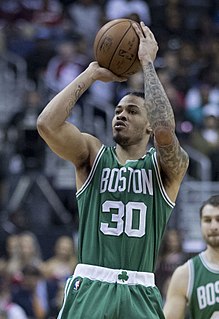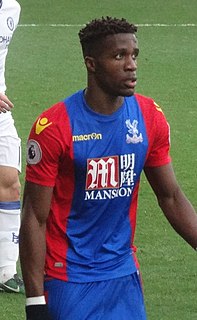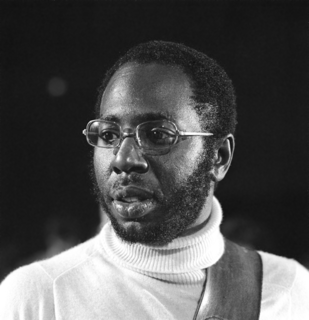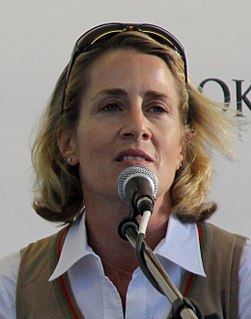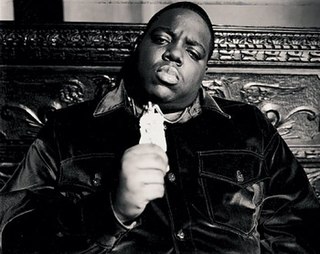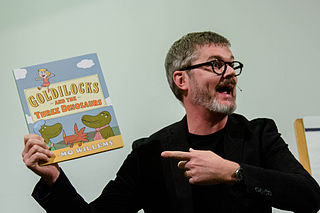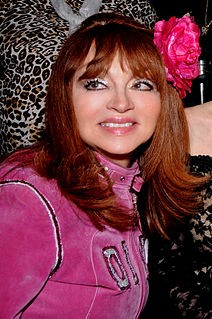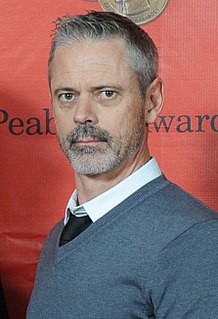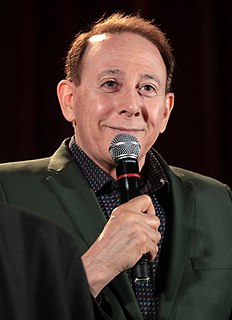A Quote by Gerald Green
The teachers told me I wouldn't amount to anything because I was a bad kid. But I knew I could still hoop.
Related Quotes
I suppose I was lucky enough to be educated at a time when teachers still thought children could handle knowledge. They trusted us. Then there came a time when they decided that because not every kid in the class could understand or remember those things they wouldn't teach them anymore because it wasn't fair on the less good ones. So they withheld knowledge. Then I suppose the next lot of teachers didn't have the knowledge to withhold.
My dad and some teachers were constantly pushing me to do better than I was doing because they all knew that I could. I was not interested in what they wanted me to do well in at the time, but still, the concept that there's a great land of opportunity out there, and all you have to do is go attack it, was not something foreign to me. It's why I'm one of the few members of my family that left home.
When I was a kid they didn't call it dyslexia. They called it you know, you were slow, or you were retarded, or whatever. What you can never change is the effect that the words 'dumb' and 'stupid' have on young people. I knew I wasn't stupid, and I knew I wasn't dumb. My mother told me that. If you read to me, I could tell you everything that you read. They didn't know what it was. They knew I wasn't lazy, but what was it?
I think Laurie's Keller story 'We are growing', resonates because when you have that amount of independence, you're starting to ask yourself questions that the grownups in your life have been answering for you. Before that, you are a good kid, or you are a funny kid, because you're told that's who you are. But when it's just you and the book, you have to figure out who you are.
Every day as a kid, I went to the boxing gym. I knew boxing before I knew anything else. And I was once told if you show your child how to do something and you constantly push them, then eventually they'll become masters. They'll become a master of their craft. So that's probably what happened with me and the sport of boxing.
I've always felt like a kid, and I still feel like a kid, and I've never had any problem tapping into my childhood, and my kid side. And I think that's a very universal thing, I don't think it's unique to me at all. People I've talked to in their 60s, 70s, 80s, and 90s have all told me "You know, I still feel 20." So I don't expect that I'm going to be any different.
I always knew about as a kid, knew that that particular injury at [my grandfather's] finger had been caused in that disaster that killed his brother-in-law, my grandmother's brother. And he never talked about his own brother's death to me. My mother told me about that and told me about the impact on her family. And that's part of what you hear in the first verse of "Miner's Prayer."
